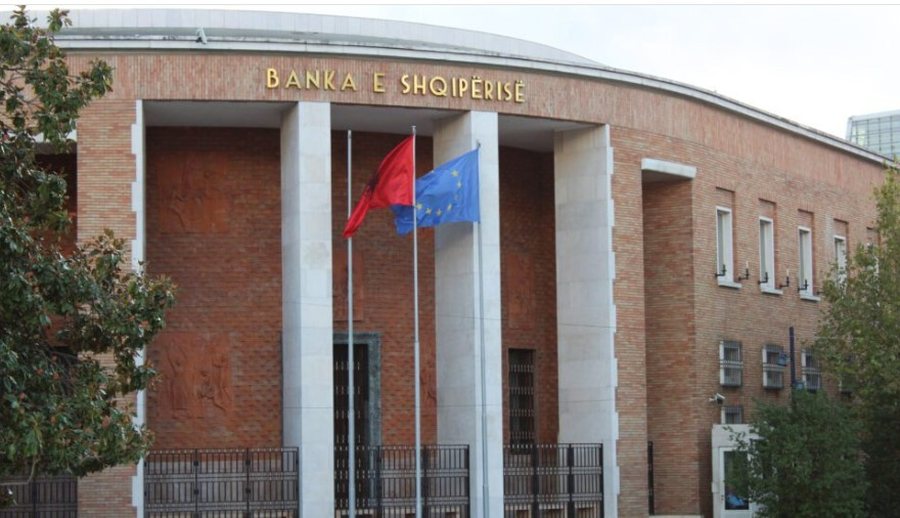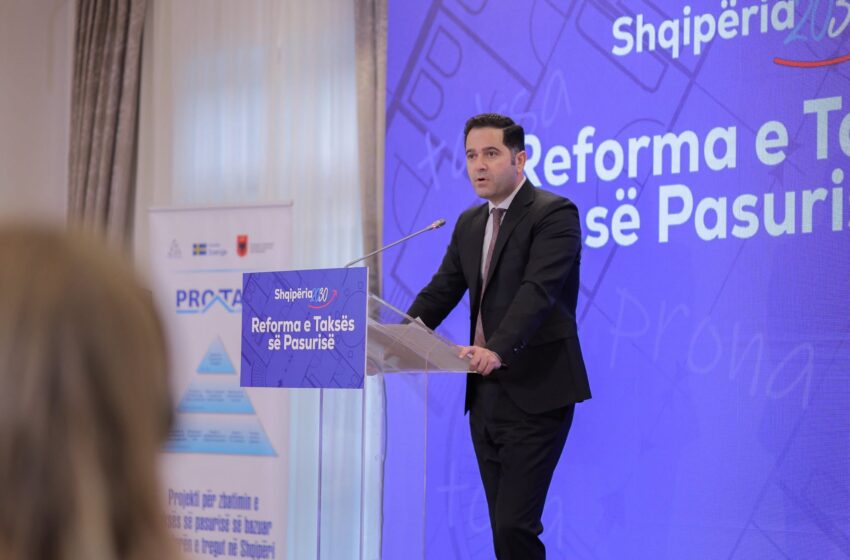Non-performing loans rise in Albania, signaling strain on households and small businesses

Non-performing loans (NPLs) in Albania have risen, highlighting continued pressure on family finances and small business operations. According to data published by the Bank of Albania, the NPL ratio climbed to 4.37% in September, up from 4.19% in August.
Why is this important: The gradual increase in bad loans — despite overall economic stability — underscores the financial vulnerability of borrowers amid rising costs and uneven income growth. While banks remain confident in the system’s stability, the uptick could signal risks ahead if left unchecked.
The trend:
Monthly figures show a modest but consistent increase since mid-year:
- January – 4.12%
- February – 4.06%
- March – 4.02%
- April – 4.03%
- May – 4.12%
- June – 4.01%
- July – 4.04%
- August – 4.19%
- September – 4.37%
According to the central bank, most of the new credit demand comes from households borrowing for housing and consumption, while businesses seek loans to fund expansion.
What experts say:
Bankers stress that the market remains healthy but warn of growing cost pressures:
“Wage growth is being driven by labor shortages and high demand for staff. That helps consumers, but for some businesses, it raises costs and squeezes profits. More investment in vocational training is needed,” said one industry representative.
In response, banks are becoming more cautious in lending, and household loan demand has shown signs of slowing. Experts say this could indicate an early warning for financial distress, especially among small businesses and low-income families.
What’s next: Economists recommend targeted support programs, including financial literacy campaigns and advisory services, to prevent a potential deterioration in credit quality in the coming months.


